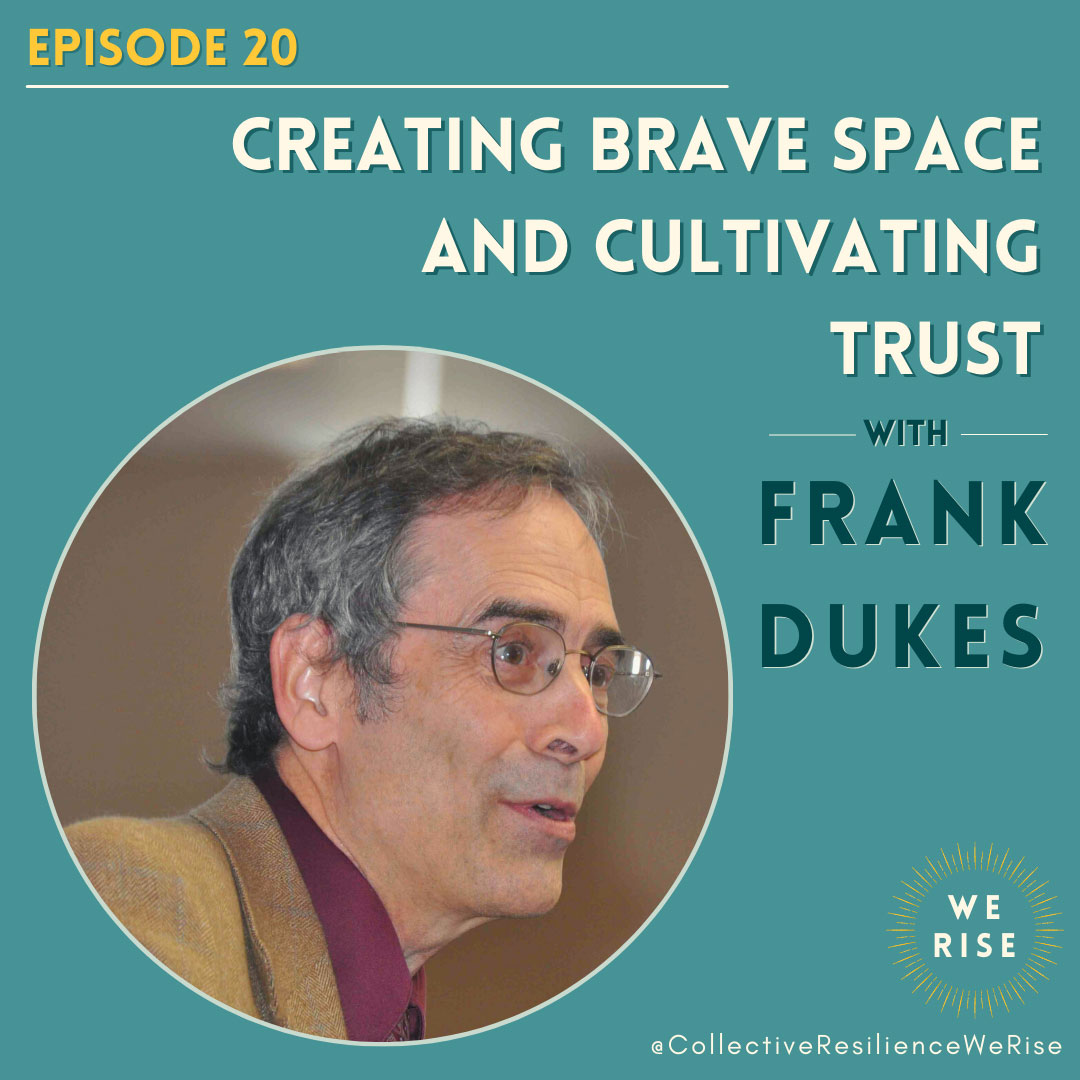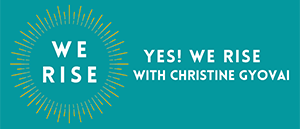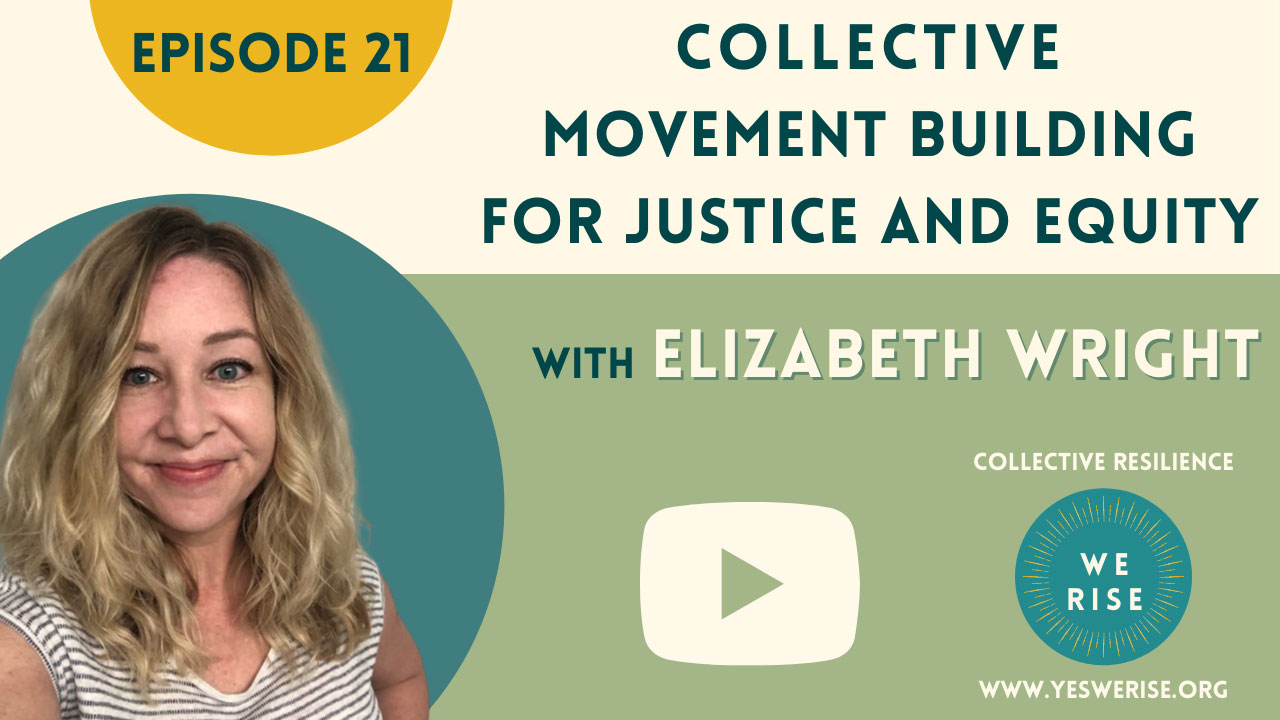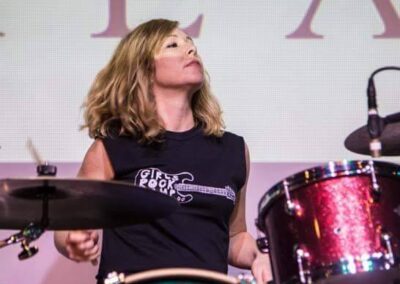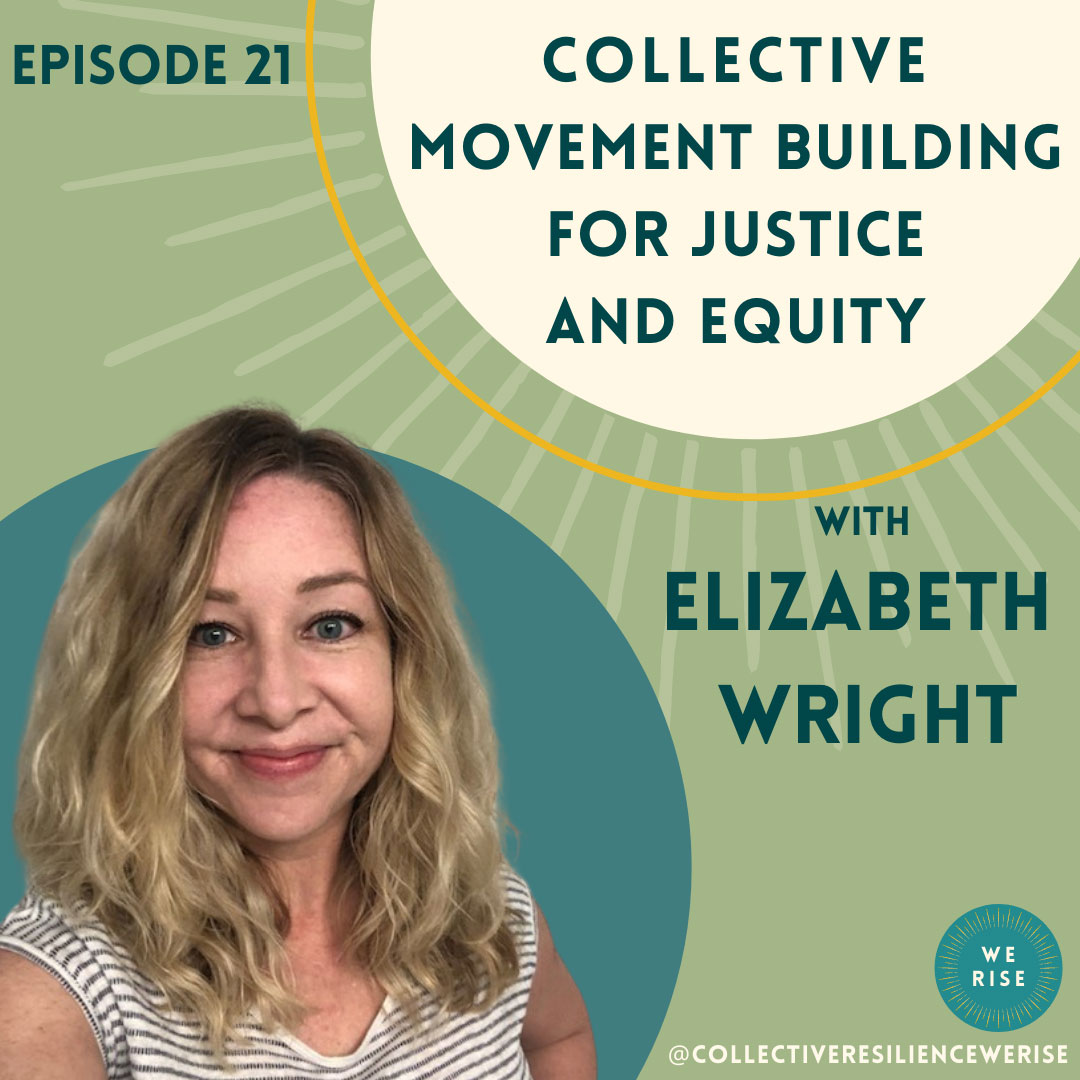
Episode 21:
Collective Movement Building for Justice and Equity with Elizabeth Wright
Listen to the podcast on your favorite platform:
Apple Google Play Stitcher Spotify Amazon Music
Episode 21 Description
Elizabeth Wright lives in Knoxville, Tennessee working as a Communication Strategist at the The Highlander Research and Education Center in Tennessee. A fierce advocate for justice, involved in youth organizing in Knoxville, and passionate about justice, Elizabeth shares some of the incredible work taking place in the South and Appalachian communities to bring about transformation, movement building and equity. Her passion for justice is palpable and inspiring. Enjoy!
Episode 21 Description
Elizabeth Wright lives in Knoxville, Tennessee working as a Communication Strategist at the The Highlander Research and Education Center in Tennessee. A fierce advocate for justice, involved in youth organizing in Knoxville, and passionate about justice, Elizabeth shares some of the incredible work taking place in the South and Appalachian communities to bring about transformation, movement building and equity. Her passion for justice is palpable and inspiring. Enjoy!
Download the show Notes
find this episode on youtube
Key takeaways
Fighting for freedom and the power of solidarity
Elizabeth Wright is a Communication Strategist at The Highlander Research and Education Center, a grassroots organization in Tennessee founded in 1932. Their nine decade lifespan has been fueled by fierce advocacy for justice, equality, and sustainability, with their work addressing the issues people are facing in the South and Appalachia.
The Highlander Center offers training, skill building, and leadership development to local organizers and communities, additionally providing grants and funding. They create a community of people fighting for freedom in their region and connect them nationally and globally.
The Highlander Center fights for and provides resources, provisions, and services in communities that are historically underserved. The root of the work they do stems from sharing stories, developing a safe space, and building trust.
Through this foundation, Elizabeth is able to experience first hand an incredible sense of collaboration between organizations networking and sharing resources to support one another. An important piece to this transformation is in building solidarity economies. In our capitalist society, profit is often placed above the value of people, and the system is set up to divide in order to stay in control. Structural racism is frequently a key piece to this puzzle, living symbiotically with capitalism and power.
Solidarity economy work is about communities taking governance. It focuses on bringing people together in a system that pulls them apart. Instead of fighting each other, they look at ways to fight a system built against them.
Creating transformation, from the youth to communities
At Highlander, cultural organizing is one of their key methodologies, including supporting groups such as the STAY Together Youth Project. They connect art, culture, music and stories, with policy and practice. On a more personal level, with a background and passion for music, Elizabeth began a rock camp in the early 2000’s.
The Girls Rock Camp Alliance provides musical instruments, instruction, and space to girls, as well as transgender and non-binary folks who at times don’t have access to these resources. It’s an invitation for youth to be themselves, come together, and explore musical creativity while taking up space. During this magical week, students come alive, developing a new level of confidence. They even perform an original song on stage.
Highlander also offers a powerful youth program known as Seeds of Fire. This week-long camp is centered around social change, which has led to the creation of the TRANSformative Cohort and the Methodology Cohort. A catalyst for networking and peer learning across the region, the TRANSformative Cohort panel presented their work at the annual Highlander Homecoming.
Right in Elizabeth’s hometown of Knoxville, the First Aid Collective Knox provides medical support, education, and narcan distribution in communities with limited resources and access to health care. Other community members are coming together to support the unhoused population, providing physical protection and resources.
Elizabeth also shares how the Knoxville City Council Movement is working to increase diversity and representation within local politics. All of these incredible organizations are encouraging and empowering to Elizabeth as she continues to fight for transformation, equality, and justice in the South and Appalachian communities.
Stepping into discomfort and cultivating collective resilience
It can be challenging to envision how life could be different, especially when the systems in place have endlessly worked against you. However, inspired by the work that has already been done, Elizabeth believes in hope for the future.
Creating this inclusive, equitable future requires reparations, acknowledgement of past harms, and centering the stories and experience of those who were cast out and marginalized. This transformation also means asking the uncomfortable questions, like:
Do white people and people of color have the same vision for what a post-racist world looks like?
What does it take to attain a truly free and just world for all people?
Sitting with these questions is key to internal work that must take place for community transformation to occur. In addition to these questions, Elizabeth has also been asking what disability justice looks like. Immuno-compromised herself, the pandemic has brought a lot of questions to the surface for her and in the work she does to bring about change.
Equal Health has a program called the Campaign Against Racism, and a core piece of their work during the pandemic has been focused on public health, health care, and health access throughout the world. Hearing from them has been eye opening for Elizabeth and a reminder of the need to communicate, share strategies, and support others on a global scale.
From Facebook bartering groups set up in her community during the pandemic, to the youth summer programs, a lasting lesson for Elizabeth is the importance of collaboration. Through developing trust, collective leadership, and transferable skills, communities will always have the resources and support they need to continue to fight for change. This work cannot be held by one individual, but by the collective. Learn more about Elizabeth’s work at the links on the right.
notable quote from Elizabeth
“Because of the way that those systems and structures require us to stay on that wheel… it’s hard to imagine that it doesn’t have to be this way… But I think we’re seeing the steps that are going to get us there… To me, it starts with repairing reparations, and centering the power and leadership of the people who’ve been impacted by this history and today’s current iterations of it.”
Links/resources mentioned
Learn more about The Highlander Research and Education Center, including their solidarity economy work, and find them on Facebook, Instagram, and Twitter.
Find out more about the Knoxville Girls Rock Camp Alliance and check out their Facebook and Instagram.
Check out these valuable resources Elizabeth recommends: Media Justice, Press On, and Scalawag Magazine.
Discover the incredible work being done with youth in the South and Appalachian communities through Knox Know How, Seeds of Fire, and The STAY Together Youth Project.
Learn about the local work being done in the Knoxville community through organizations such as First Aid Collective Knox and the Knoxville City Council Movement.
Discover more about the work of Equal Health and their Campaign Against Racism program.
The Yes! We Rise podcast is produced by Dialogue + Design Associates, Podcasting For Creatives, with music by Drishti Beats.
Follow Yes! We Rise on Facebook and Instagram.
Please rate, review, and subscribe to the podcast so we can continue spreading our message far and wide. Find our email list at the website: www.yeswerise.org.
Thanks for listening.
Don’t miss an episode — follow us on Spotify and subscribe via Apple Podcasts, Stitcher, Google Play, or Amazon Music and please leave us a review wherever you listen.
Jump to:
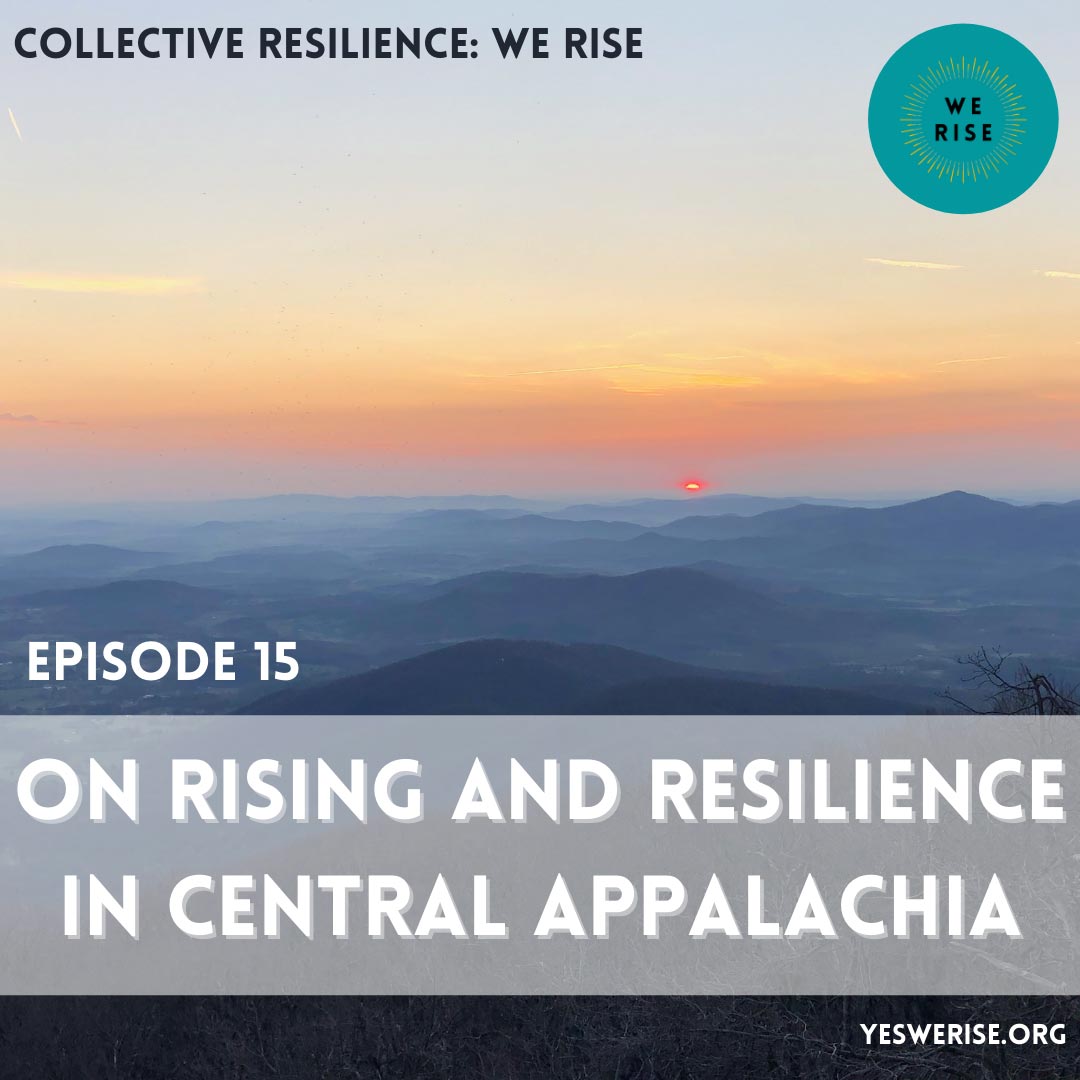
Episode 15
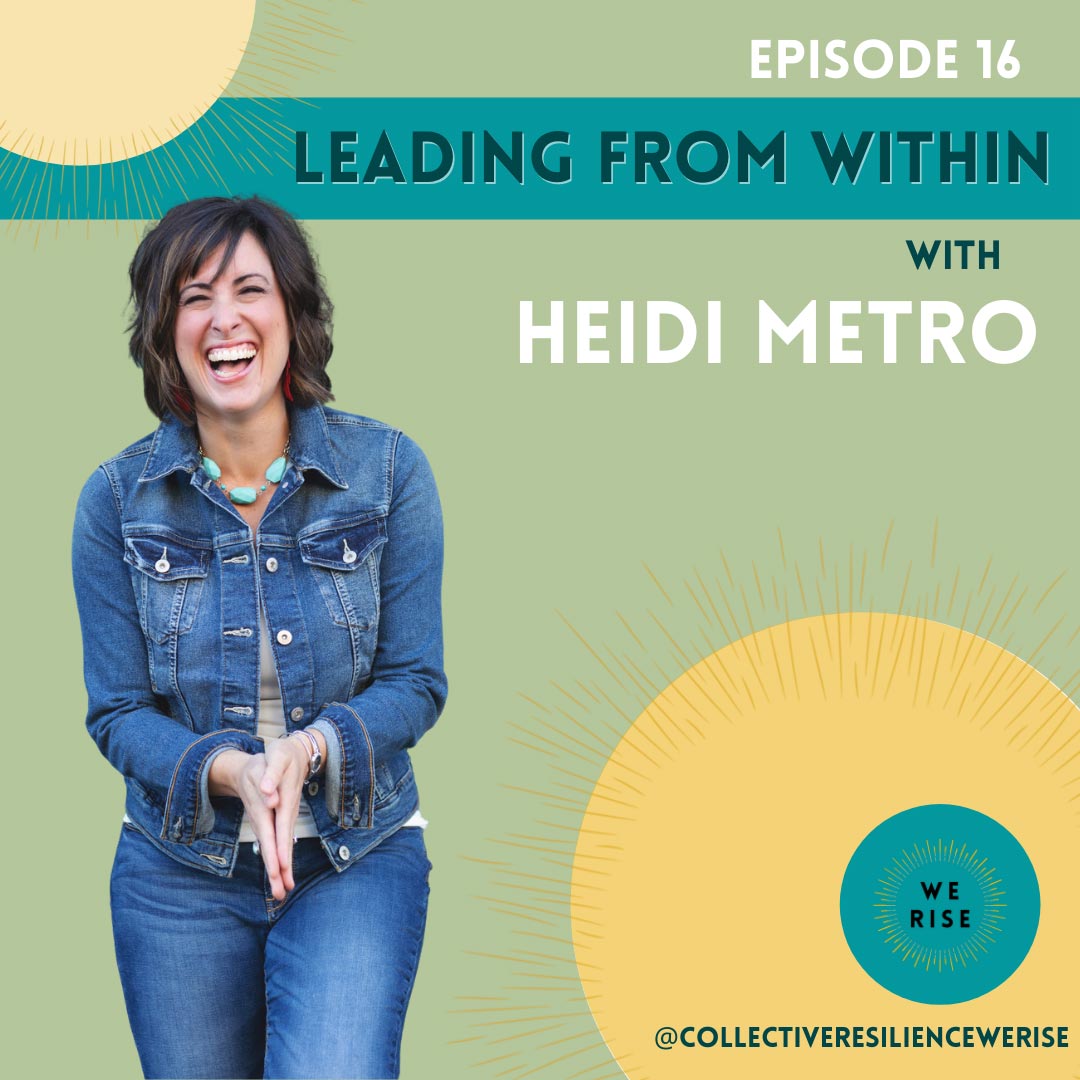
Episode 16
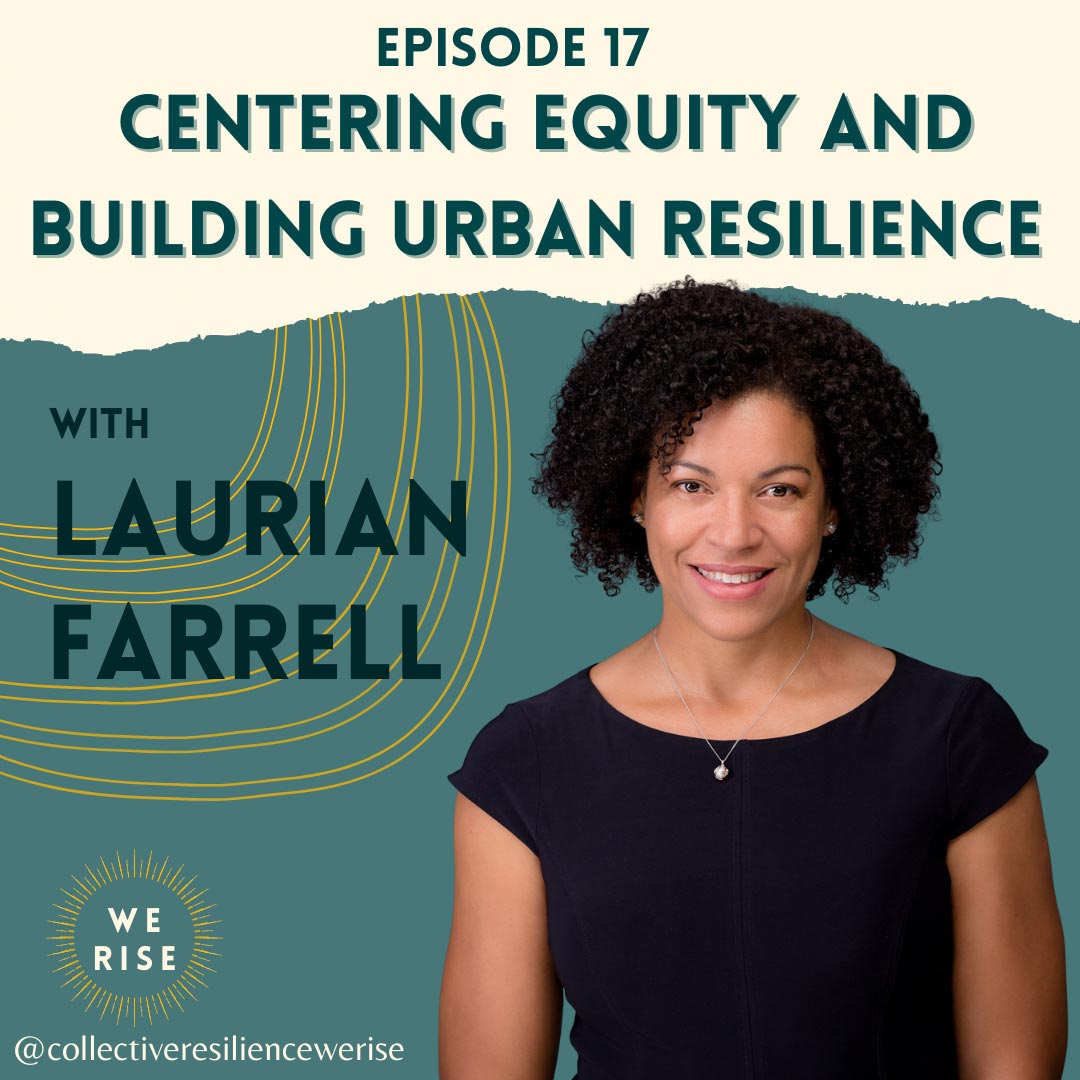
Episode 17
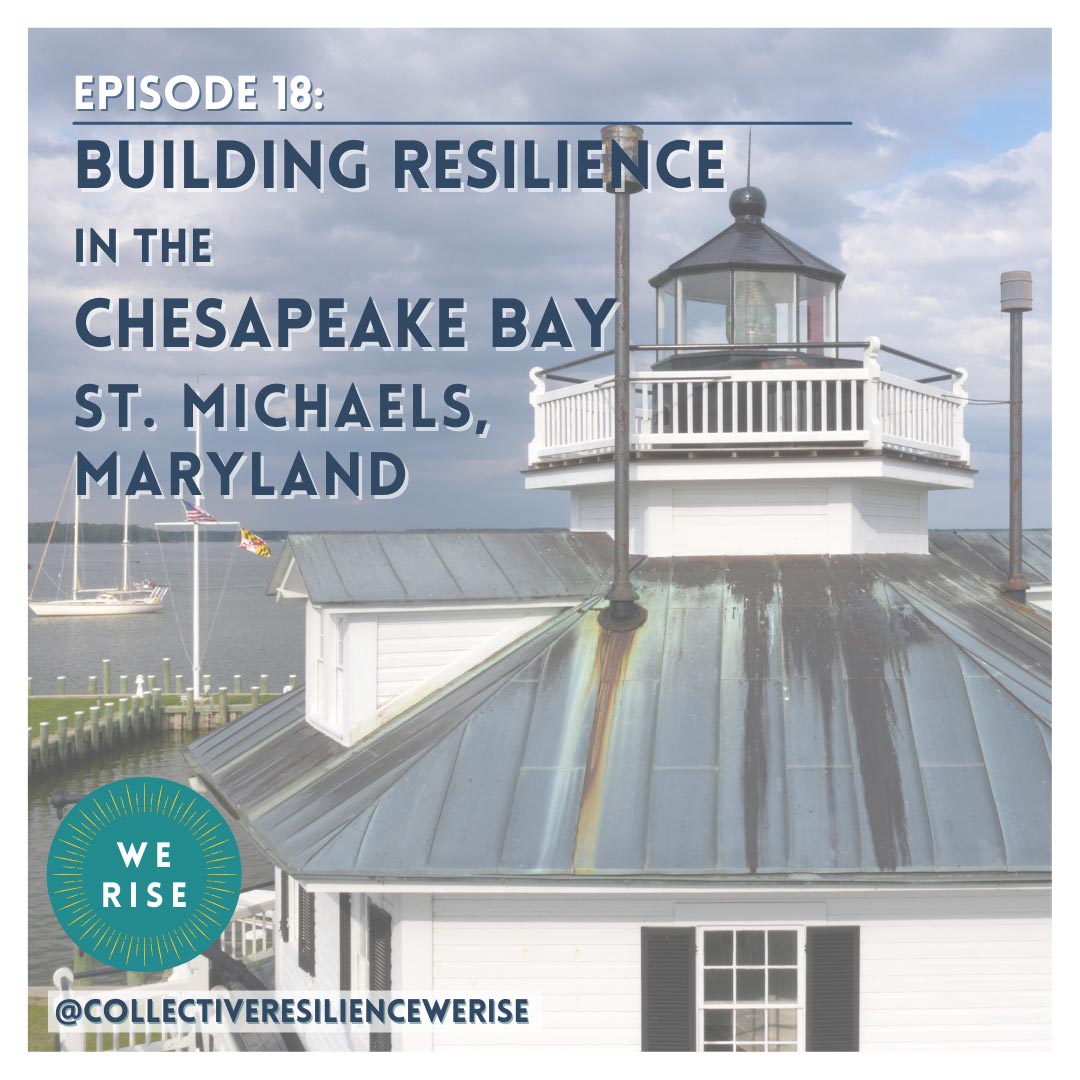
Episode 18
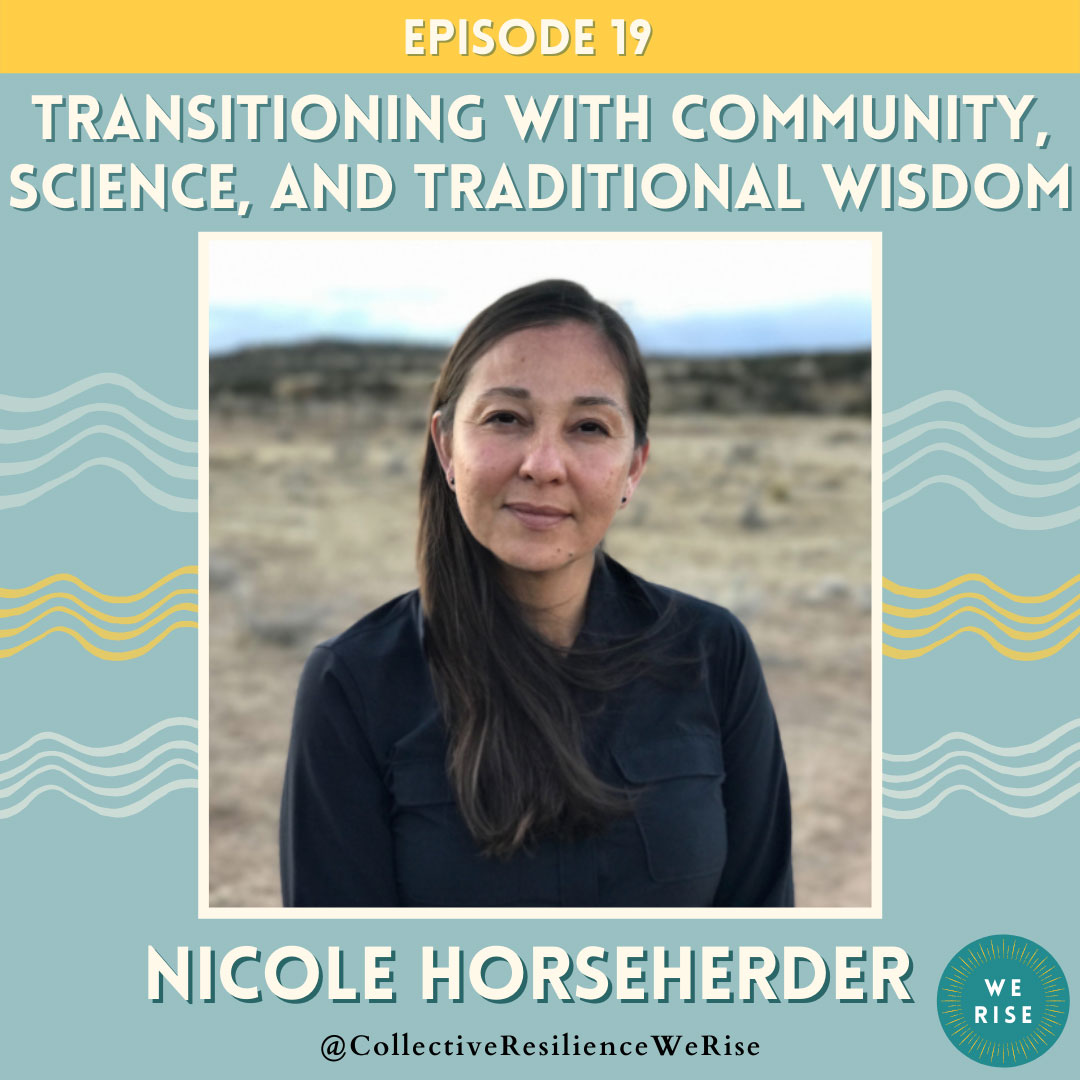
Episode 19
